A new law that has been introduced throughout Mexico will prohibit using cell phones while driving in Cancun. The change, which is part of the General Transportation and Road Safety Law, is an attempt to reduce accidents in the country and is accompanied by a number of other changes as well. Other rules that the Senate voted for in Tuesday’s session include implementing breathalyzer testing, requiring all occupants in a vehicle to wear seatbelts, setting maximum speed limits, requiring motorcyclists to wear helmets, and administering exams prior to obtaining a license for the first time.

As soon as President Andres Manuel Lopez Obrador formally puts the law into effect, both residents and tourists will be required to adhere to these new rules. Those that don’t follow the rules will face some pretty stiff punishments, all of which are outlined by Congress. The harshest punishment will be for drivers that are caught with alcohol levels above the legal limit defined by the new law. Anybody caught driving with a blood alcohol content above 0.05 will be at risk of losing their driver’s license for one year minimum, and possibly even longer.

The changes to the General Law on Mobility and Road Safety are designed to achieve two objectives:
- Reduce the number of accidents resulting from driving under the influence of alcohol and/or driving at excessive speeds.
- Protecting pedestrians from accidents that result from drivers that are under the influence and/or speeding while driving in residential neighborhoods and business districts.
Patricia Mercado, president of the Metropolitan Areas and Mobility Commission, affirmed that nine out of 10 road accidents, with loss of life, are due to speed and alcohol, and that these are the “minimum measures throughout the country to avoid this type of death.” It is obvious that the Chamber of Senators agreed because the changes to the law were unanimously approved with 102 votes.
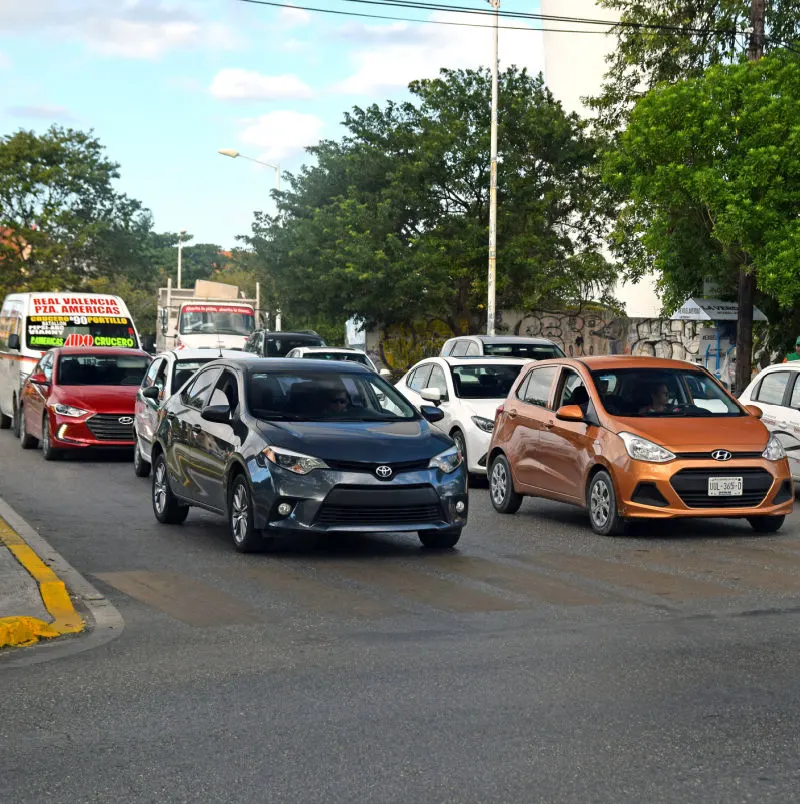
By making these changes, which will affect Cancun and the Riviera Maya areas, as well as the rest of Mexico, it is felt that many traffic-related accidents can be avoided. Children and young adults under the age of 24 are the most affected by such incidents, with car accidents being the leading cause of death in Mexico for these age groups.
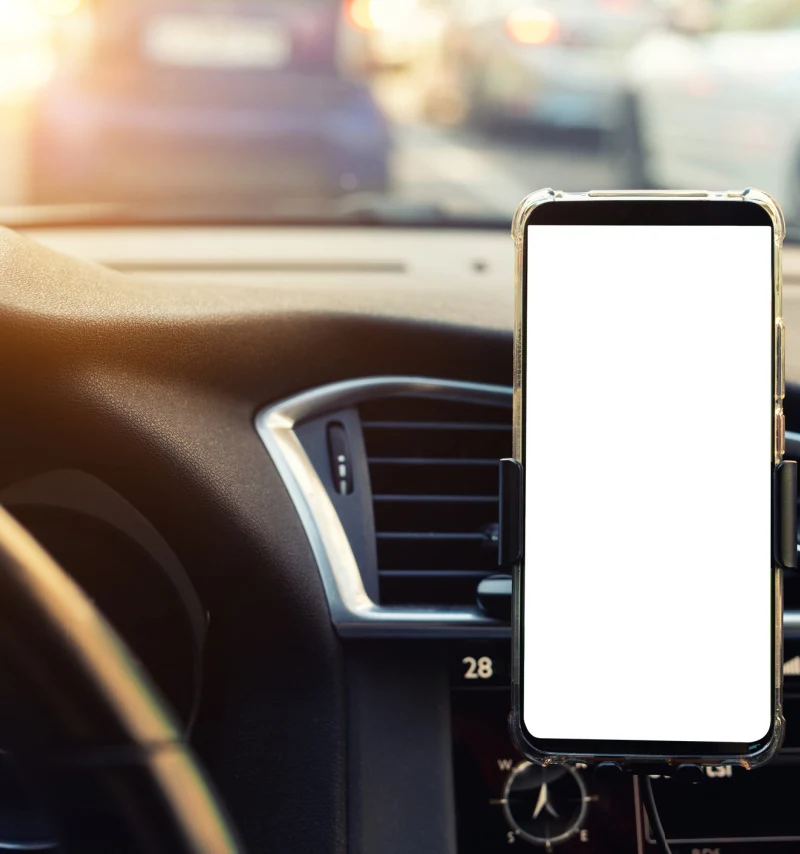
In addition to the ban on cell phone use in motor vehicles, other electronic devices are banned as well. The only exception to the rule is in the case of using hands-free devices, which will still be allowed. It is not clear what the repercussions will be if caught using a cell phone while driving. If the stiff penalties for driving while under the influence are any indication then violators can expect to be heavily penalized.
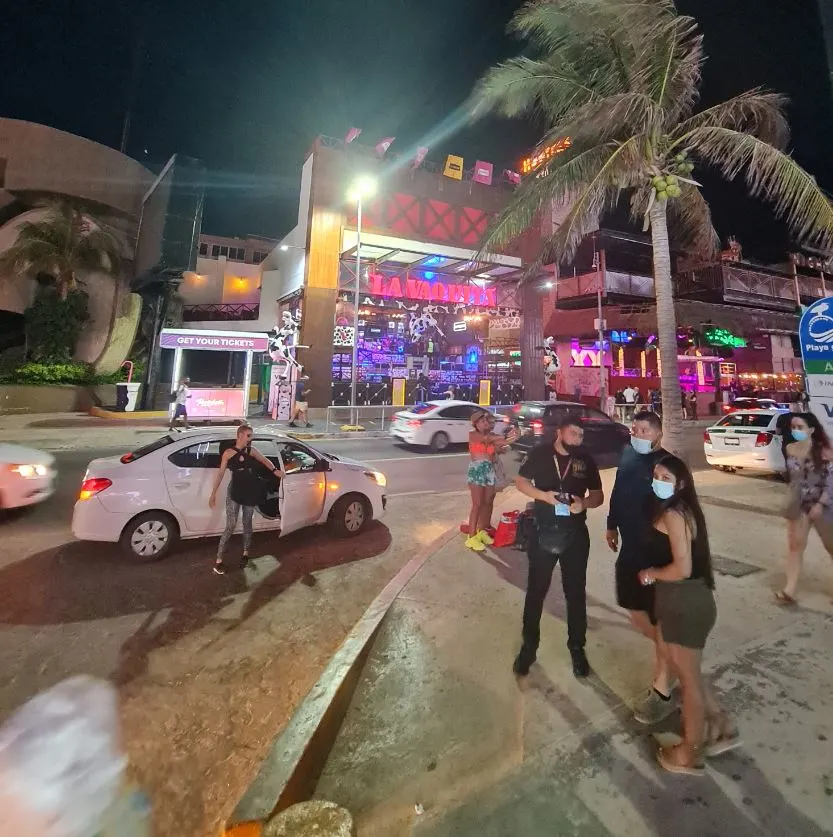
In many states and provinces throughout the United States and Canada, similar laws have been in place for a long time. In both countries there has been a significant decrease in deaths related to drinking and driving, speed-related accidents, passengers not wearing seatbelts, and cell phone use because of these very similar laws.
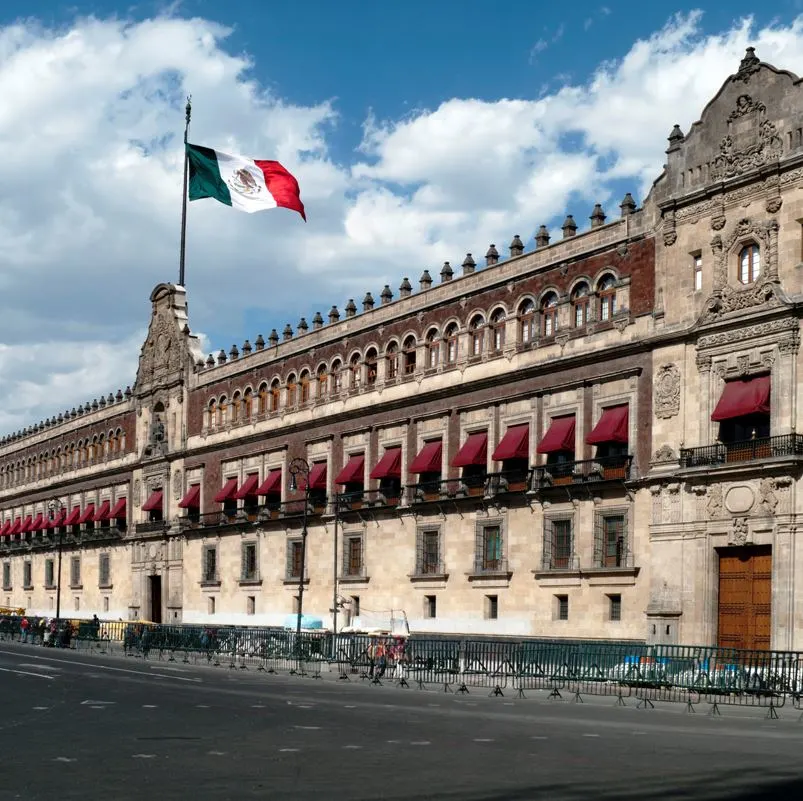
Mexico now too will join the many other countries that aim to protect both drivers and pedestrians from accidents related to distracted and irresponsible driving practices. With an average of three children dying each day in Mexico due to such accidents, these rules have been long overdue.
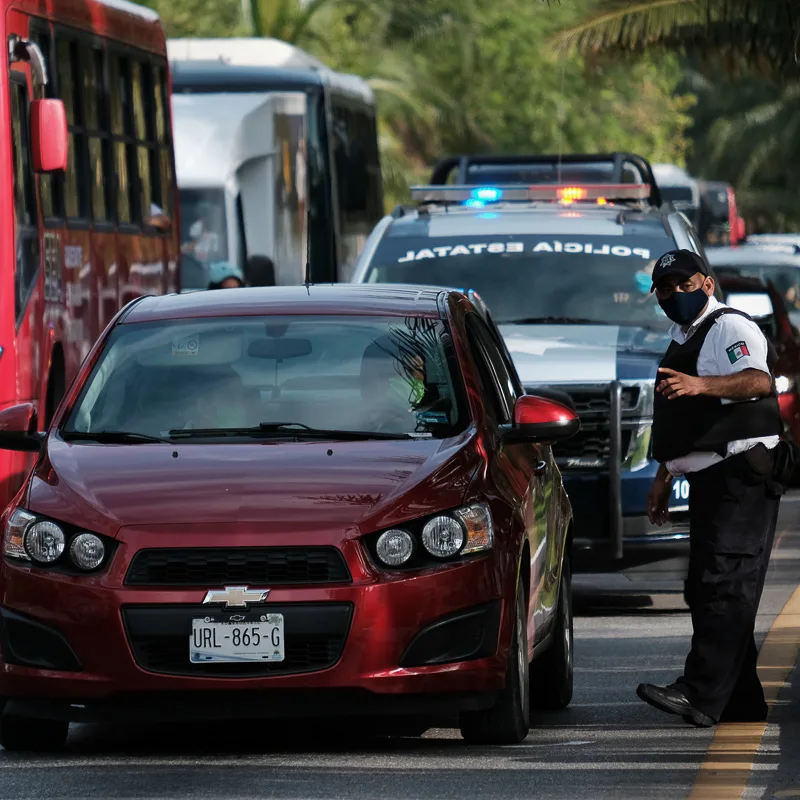
Now that Congress has done the work on their part to get this passed, the implementation of the new rules will take place any day now. This will make Cancun, the Riviera Maya, and all of Mexico an even safer place to live and visit in the future.
Plan Your Next Cancun Vacation:
Traveler Alert: Don’t Forget Travel Insurance For Your Next Trip!
Choose From Thousands of Cancun and Riviera Maya Hotels, Resorts and Hostels with Free Cancellation On Most Properties
↓ Join the community ↓
The Cancun Sun Community FB group has all the latest travel news, conversations and tourism Q&A’s for the Mexican Caribbean

Subscribe to our Latest Posts
Enter your email address to subscribe to The Cancun Sun’s latest breaking news affecting travelers, straight to your inbox.
